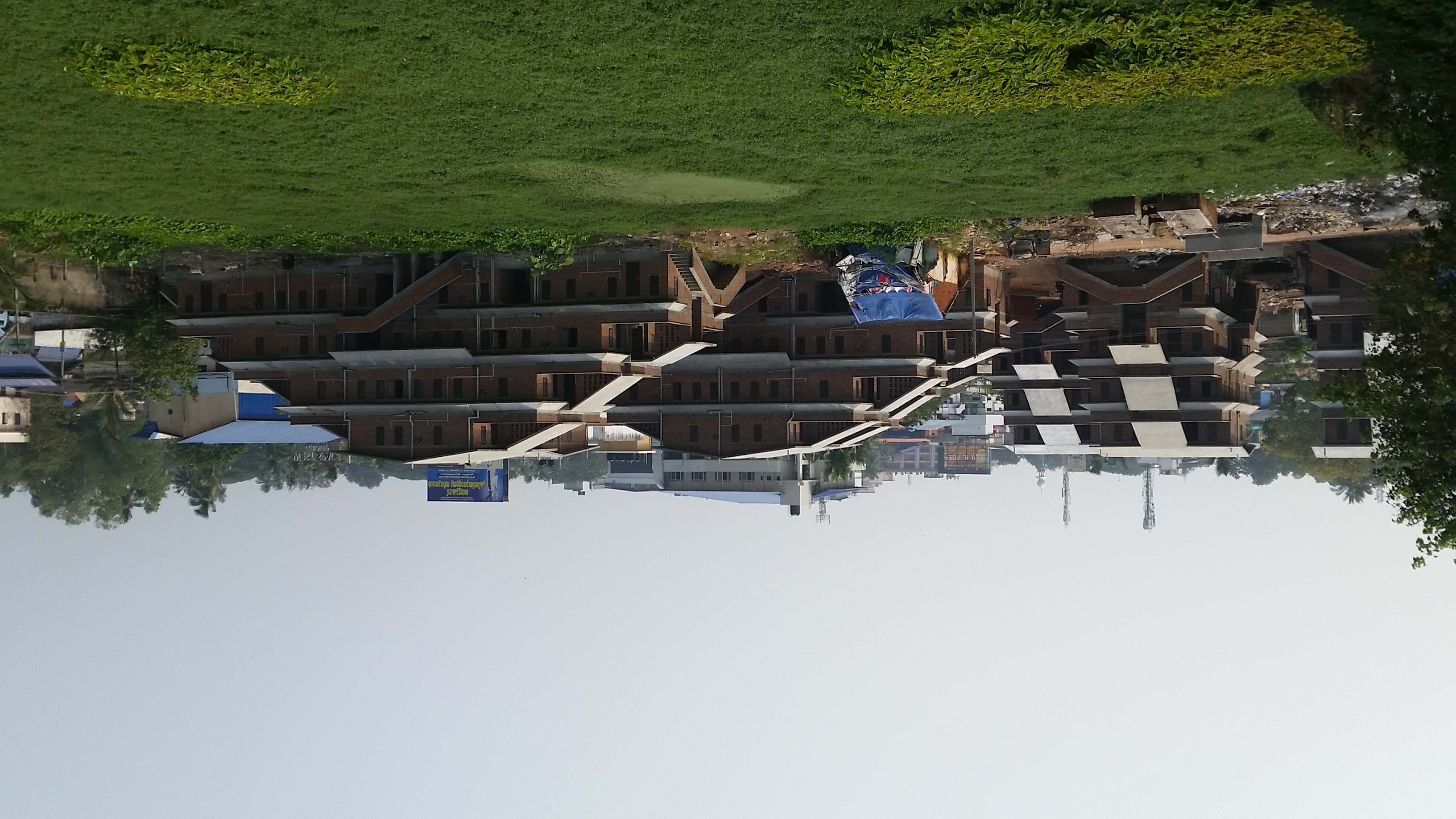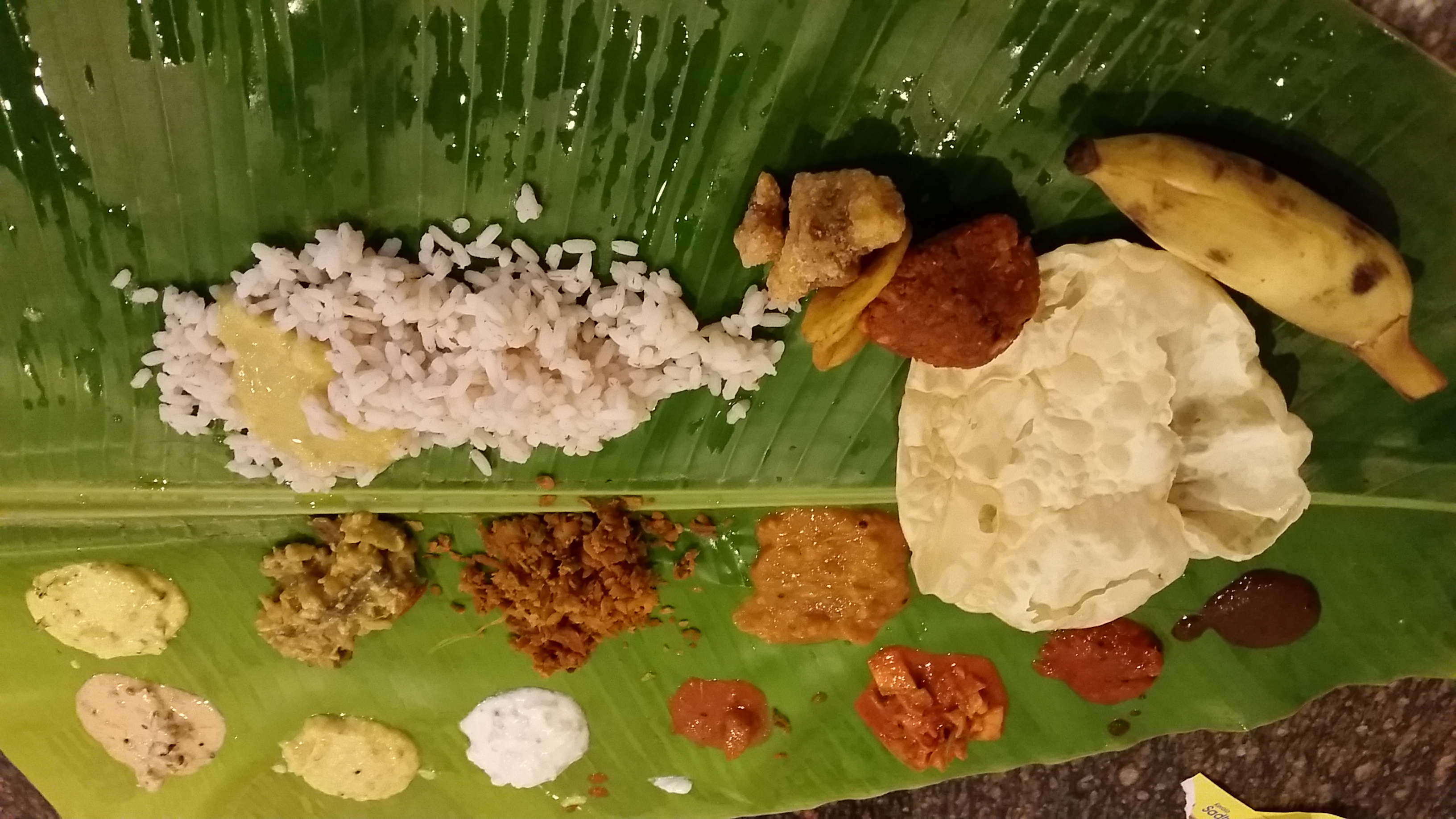01/06/2018 Ninth Day
The day started with a short drive to the Center for Management Development for presentations. The first presentation was by Shri S. M. Vijayanad, the former Chief Secretary of the State of Kerala. He presented on the people’s planning movement in Kerala, or the state’s decentralized development and governance. Vijayanad explicitly stated that the Kerala development model focused on human development over economic development, which is reflected in the better statistics for human development than for economic indices. In the Indian context, he explained that planning is the allocation and distribution of resources for the peoples’ priorities. The philosophical foundations for the people’s planning rest in Gandhi’s idea that the village is at the center of democracy. (Further readings on the Panchayat Raj, http://www.mkgandhi.org/ebks/panchayat_raj.pdf, and an examination of US local politics) As such, the people themselves decide who in their community is in the most dire need of resources. A convenient “EFs” guide helps promote people planning success in Kerala, or anywhere else in the world:
- Functions among government levels must be clearly delineated. In Kerala, education and health are at the local government level while economic policy, diplomacy, and national defense is at the federal level. (The US states should take over healthcare?)
- Functionaries, those working within the government,
- Funds need be a. Unrestricted in their usage b. Allocated according to a formula, weighing the needs of those like the scheduled castes first
- Frameworks for law, processes, and rules need to be established and enforced
- Freedoms of local governments to be autonomous must exist
- Fraternity with nonpartisan local government
- Facilitation and not interference by the federal government
- Functioning by actualizing capabilities (Sen’s capability approach got me interested in urban planning, but yet I have not read his work directly; http://morgana.unimore.it/Picchio_Antonella/Sviluppo%20umano/svilupp%20umano/Sen%20development.pdf)
- Forward looking While the benefits from a decentralized approach in Kerala resulted in success in providing the basic needs of the people, such as education and health care, there are still challenges of transparency, accountability, financing large multi-governmental projects, and lack of quality while there is quantity. It is possible to increase quality by grading funding on the outcomes that would be expected. As for transparency and accountability, there are now people audits of the government. (Interesting to learn about how actually goes to does those audits in India)
After the whirlwind presentation of self governance, P. B. Sajan presented on a people’s based approach to the redevelopment of the slum, Karimadom Colony. Of praise, particularly from planners, are the participatory planning approach where all the women who lived in Karimadom attended the redevelopment meetings, with different ones held on three consecutive days, the accommodation of the residents on-site as their residences are constructed, considerations of the need of the residents as actualized in terraced housing and low heights, and partnership with Kudumbashree on health, livlihood, education, and waste management. It was unfortunate that I did not have more time to talk with the community organizer and to tour the site some more before I went for the scheduled ayurvedic massage. I will try to return to walk around the area and speak with some of the residents, if possible.

For lunch, I had my first Kerala thayli meal. Eating the sequence of curries in the prescribed order followed culinary sense, spicy to calming to umami to sweet to filling.
The hustle and bustle of the restaurant and of the servers made eating more fast-paced, energetic, and exciting.
However, I would like to take my time to enjoy and understand the whole meal some more.
